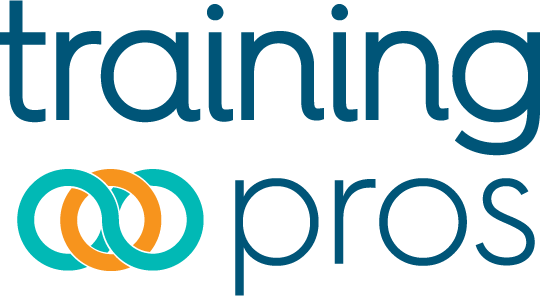Achieving Insight through Focused Research
Dr. Russell Branaghan, Professor at Arizona State University, will bring an academic perspective to the Q1 Productions 3rd Semi-Annual Medical Device Human Factors Conference. The program takes place October 22-23 in Alexandria, VA and features a variety of expert presenters that will speak to industry challenges and trends that human factors professionals face. Keep reading for more on Dr. Branaghan’s background, experience and what he will cover.
1. Can you please give a brief description of your position as a Professor at Arizona State University and the course(s) you teach?
I have a unique and exciting position as Professor of Human Systems Engineering in the Fulton Schools of Engineering at Arizona State University. Specifically, I am a Cognitive Psychologist in an Engineering school where I teach courses in Human Factors of Medical Devices, Research Methods in Human Factors, Human Computer Interaction and Cognitive Science. I also direct the User Experience Laboratory (XLab), where my masters and PhD students research cognitive human factors, focusing on medical device design and evaluation. Our focus is to make designs useful, usable and desirable.
There is an enormous body of cognitive science knowledge and literature, which rarely gets applied to healthcare design. We aim to fix that! We apply scientific knowledge about human learning, memory, attention, and cognitive workload to the design of products, user interfaces, processes and environments. In addition, through our research, we advance the state of the science by learning more about how people interact with medical systems. Ours sponsors include: National Science Foundation, Mayo Clinic, the Veterans Administration, the Office of Naval Research, the Air Force Research Laboratory, and several corporate clients.
 2. Please share a short overview of the workshop you will be facilitating “Development of Precise & Insightful Questions in Usability Testing.”
2. Please share a short overview of the workshop you will be facilitating “Development of Precise & Insightful Questions in Usability Testing.”
The obvious purpose of research is to answer questions, but organizations often fail to pinpoint exactly what questions they are attempting to answer. Consequently, rather than gathering the precise information needed for great design, they obtain disorganized bits and pieces of information. This is a tragic waste of time money. I often need to help clients succinctly specify the purpose of the research, and the exact questions they are trying to answer. This enables us to do frequent, but smaller and more focused studies. Each study then builds upon the previous ones, yielding a systematic program of research with prioritized answers and specifications. This workshop will help participants identify and prioritize their research questions, and then identify methods and procedures to answer them.
3. What do you hope participants will learn from the workshop?
Participants will learn to identify, prioritize and learn how to answer the most important research questions first. Additionally, they will learn to sequence their research projects so they provide the most value. This will help them become more effective, and achieve greater insight more cost effectively.
4. Why do you think it’s important for human factors professionals to attend the Medical Device Human Factors & Usability Conference?
In previous years, the presenters have been exceedingly insightful. On the other hand, participants learn a great deal from each other as well. There have been very accomplished attendees who are great to get to know. This helps, not only make the attendees more effective, but also better connected. I am looking forward to the conference!
Reserve your spot at the upcoming Semi-Annual Medical Device Human Factors Conference to take part in Dr. Branaghan’s workshop, along with other dynamic presentations led by medical device industry executives.






0 Comments